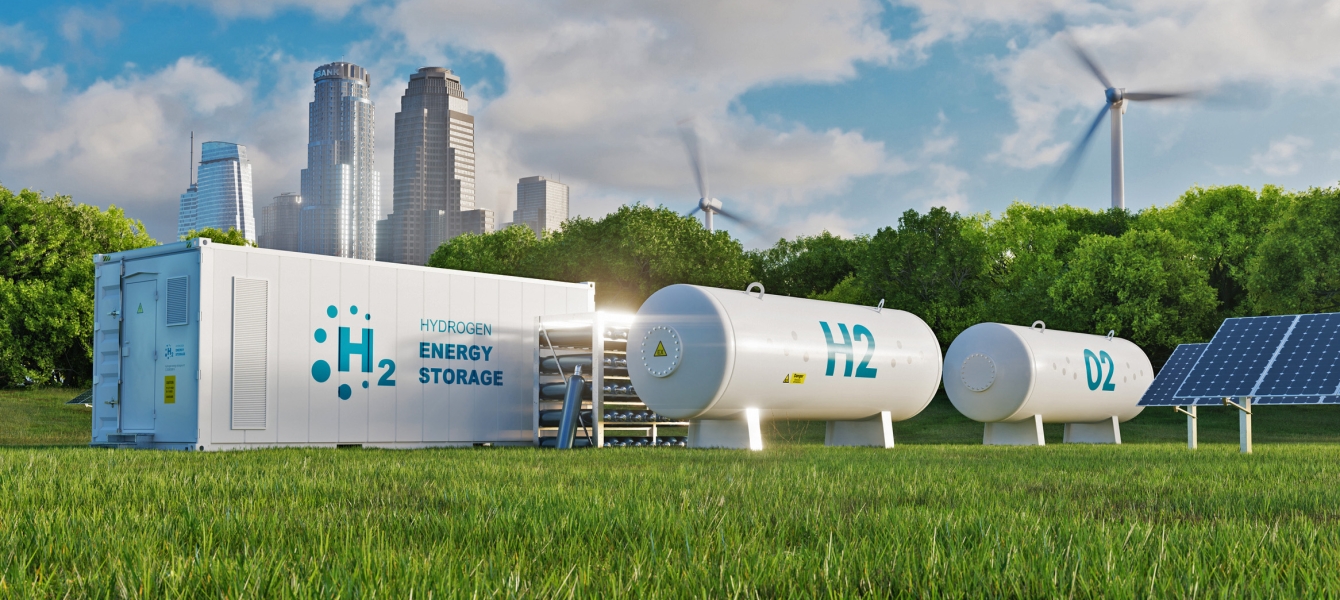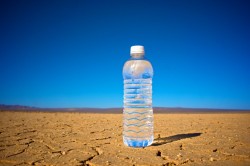Environment

The government of Nepal has, for the first time, expressed a firm interest in green initiatives to reduce costs and accelerate breakthroughs in the clean hydrogen sector.
Inaugurating the 'Nepal Green Hydrogen Summit' in the capital on Monday, Minister for Energy, Water Resources and Irrigation Pampha Bhusal said Nepal had the potential for green hydrogen production and export.
The two-day event has been jointly organised by the Ministry Energy, Water Resources and Irrigation, Ministry of Finance, MIT Group Foundation and Global NRN Foundation.
It has shone a powerful spotlight on Nepal’s potential to evolve into a global-scale producer and exporter of green hydrogen. It aims to accelerate the nation’s position in the renewable hydrogen value chain and to advance discussions on meeting future energy and emission reduction goals.
"Commercial use of hydrogen is the result of latest innovation. Its trade has not been easy yet. With sufficient availability of water resources in Nepal, possibility of development of green hydrogen is relatively high here,” she said.
Minister Bhusal, one of the event's keynote speakers, took time to inform the forum that Nepal would come up with a policy on the matter soon. “So that Nepal could play a leading role in its production and trade."
Also Read: Hydrogen big bang beckons Nepal
On the opening day, experts from the field, academia and Nepal’s development partners also discussed the challenges facing Nepal in the feasibility of producing, storing, distributing and using green hydrogen.
Addressing the summit, President of MIT Group Foundation Shesh Ghale said: “We already have surplus hydroelectricity production. It means a lot of hydroelectricity will spill over. But it’s clean energy that can be converted to green hydrogen.
“What we need is the government roadmap, a policy and the capital.”
Investment in green hydrogen would be a civic responsibility more than a profit-making business, Ghale said, calling on the government and international agencies to support start-up projects. He also urged the government to set up a green hydrogen authority vesting similar rights and responsibilities to the Nepal Electricity Authority.
Attractive fuel option
Clean hydrogen is a form of renewable energy that — if made cheaper and easier to produce —can have a major role in tackling the global climate crisis.
When combined with oxygen in a fuel cell, hydrogen produces electricity with water and heat as by-products. Hydrogen can be produced from various resources, such as natural gas, nuclear power, biomass, and renewable power like solar and wind.
These qualities make hydrogen an attractive fuel option and input for transportation, electricity generation and industrial applications, such as in trucks, buildings, and manufacturing.
Annual global demand for green hydrogen is estimated at more than 90 million tonnes – an opportunity that energy experts believe Nepal could tap in.
According to the International Energy Agency (IEA), green hydrogen constitutes just 0.1 per cent of global dedicated hydrogen production today.
Efforts to transform water resources into hydropower and green hydrogen were high-gravity issues in Nepal's economic prosperity, ecological safety, energy and food safety, and sustainable development goals.
The government aims to promote the use of hydropower, increase per capita power consumption and use it for hydrogen energy production, and ammonia and urea fertiliser production, she said.
The minister also shared with the audience that a feasibility study towards that end had already been carried out.
In May this year, the Nepal Electricity Authority (NEA) signed a Memorandum of Understanding with South Korea’s Global Green Growth Institute (GGGI) for manufacturing chemical fertilisers in the country.
The deal goes beyond establishing a factory for producing urea fertilisers. It also allows the GGGI, which has been working on green hydrogen globally, to conduct a feasibility study on producing hydrogen and ammonia through green energy.
Special emphasis
The government has put special emphasis on the development of agriculture, tourism, industrial and hydropower sectors to achieve the sustainable development goals by 2030 and realise the national goal of making a middle-income country by 2026, Minister Bhusal said.
“So the government of Nepal also needs to make an urgent policy regarding hydrogen energy.”
She said that the government's goal is to develop hydropower in Nepal and use electricity as a source of hydropower, increase per capita electricity consumption, use hydropower to produce hydrogen energy, ammonia and urea fertilizer, and the Ministry of Energy has also made necessary preparations for this.
Another keynote speaker at the event, Finance Minister Janardan Sharma, added that developing green hydrogen is the best way to address the global crisis caused by climate change and minimise carbon emissions.
Sharma said mountainous countries like Nepal bear the brunt of the greenhouse gas effect, the consequences of high carbon emissions by the big and industrialised countries.
"We need not worry about the unused power. It could be utilised for another innovative purpose and for exploring untapped opportunities," he said, adding that hydrogen and ammonia have been mentioned in the budget for the current fiscal year, 2021/22.
Trade deficit in large amounts could be decreased by using green hydrogen as an alternative to petroleum products. Urging the advancement of work in this regard in Nepal, Minister Sharma assured 'special' help from the government.
The summit continues on Tuesday.






